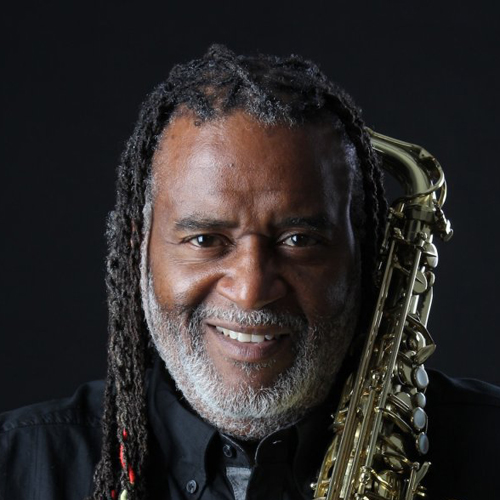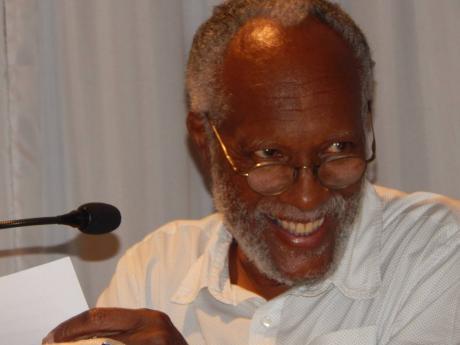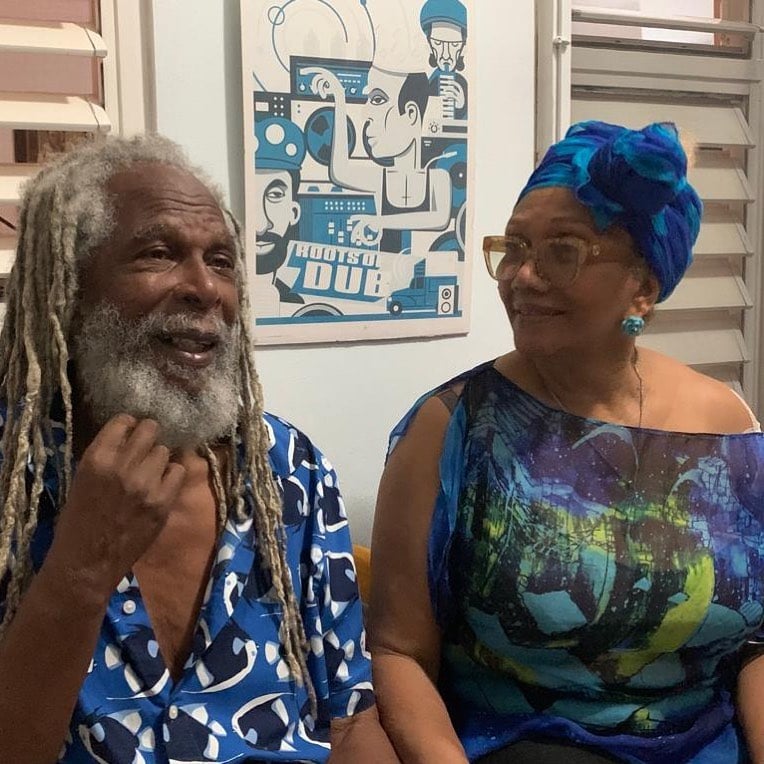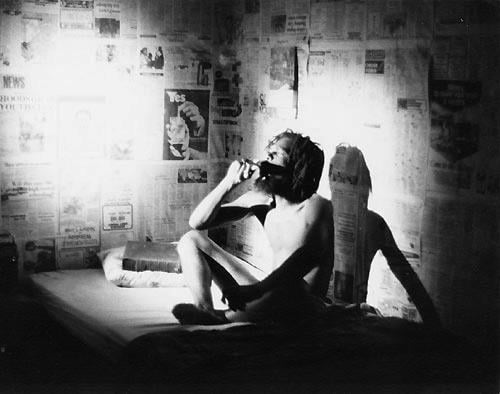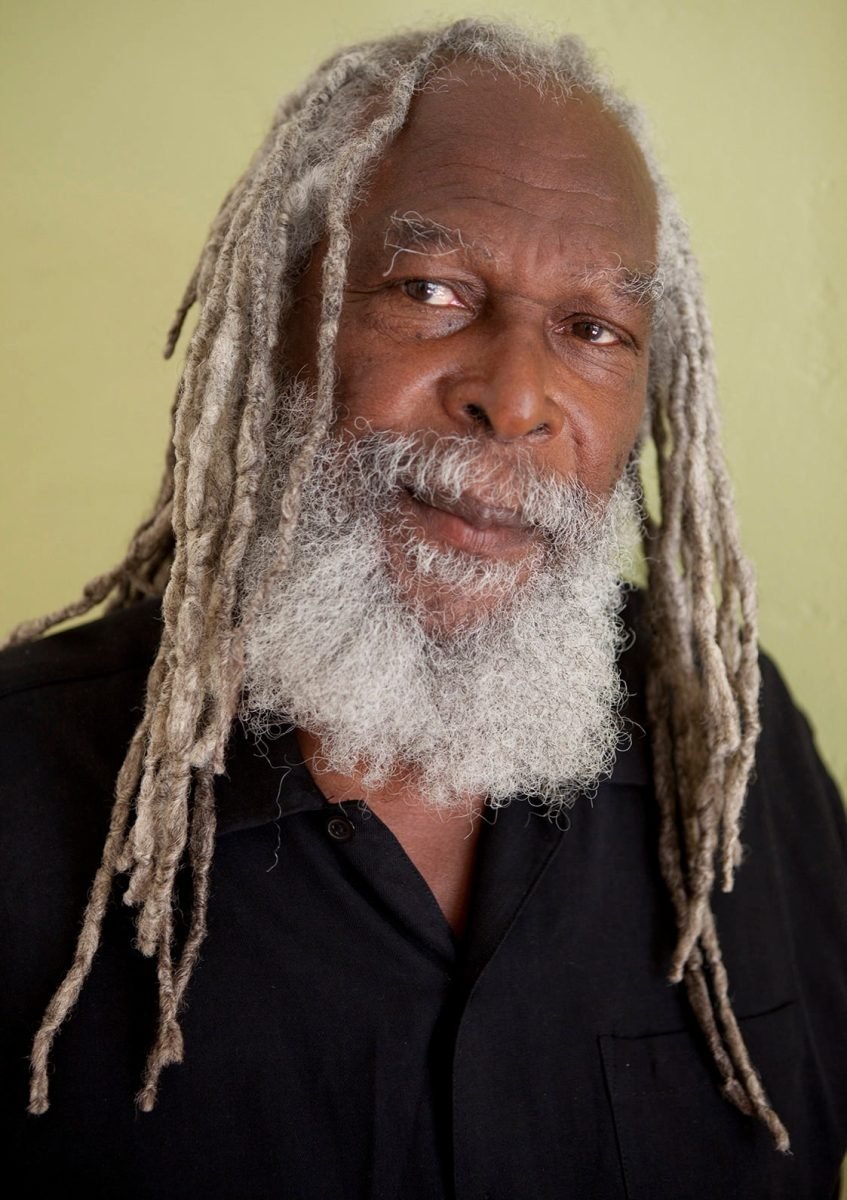Remembering Bob Andy: Five Lessons From The Reggae Legend’s Life
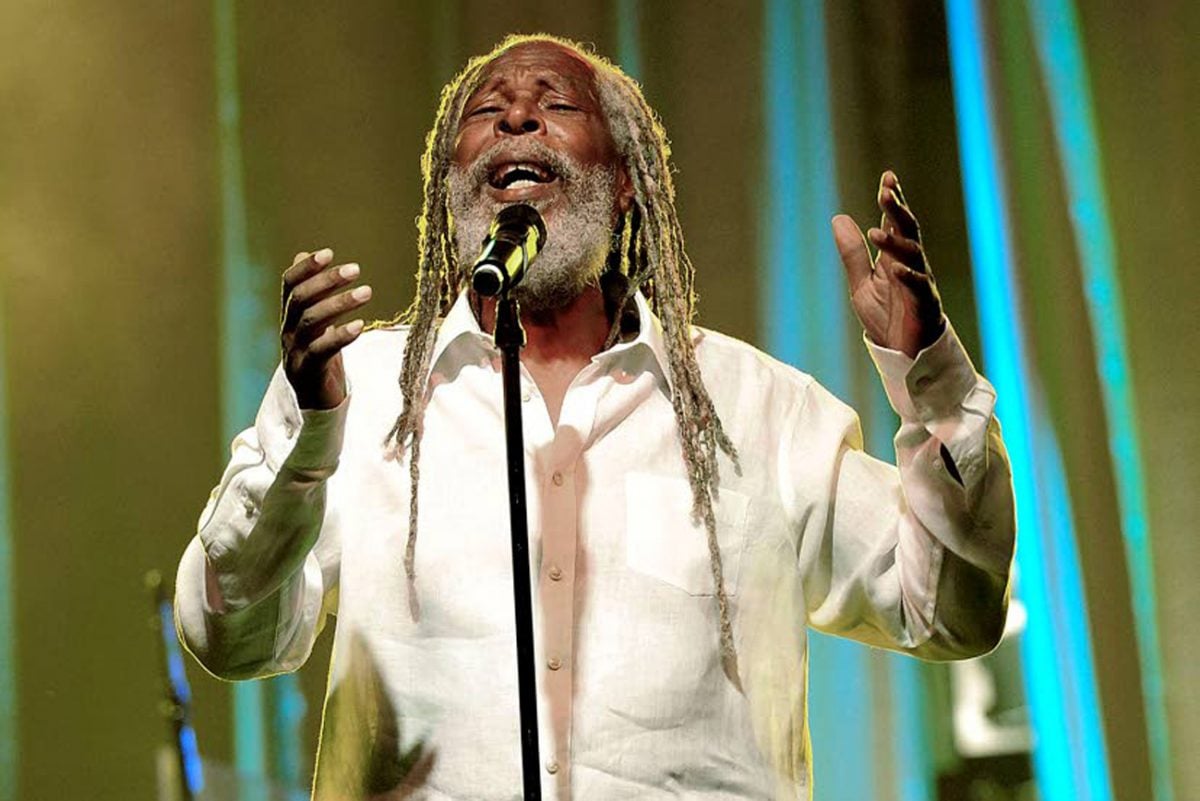
Today marks three years since Bob Andy transitioned, but his impact as a singer and songwriter lives on through Reggae music.
Let’s reflect on the man behind the music through five life lessons he taught us, told through the experiences of cultural historian Herbie Miller, one of his closest friends since the 1970s, and saxophonist Dean Fraser, friend and curator/producer of the newly-released We Remember Bob Andy tribute album.
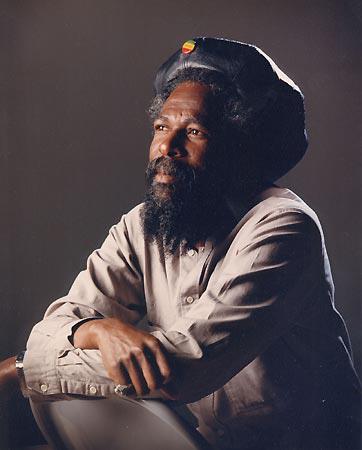
1. Enjoy Life!
Circa 1978. Andy is about to perform at the debut staging of Reggae Sunsplash at Jarrett Park, St. James, and Fraser is with him. As a lover of different genres of music, Andy decided to differentiate his set by opening with The Beatles’ The Long and Winding Road .
“As a singer, Bob loved to show off his versatility by being able to sing any song,” Fraser told DancehallMag. “He did not ever want it to be a case where people could say, ‘Yeah man, he’s just a reggae singer.’”
The audience, presumably amped to hear Reggae at the festival, were stunned at Bob’s opening number.
“They were like, ‘what is he doing?’. Bob sang the song and at the end of the song, nobody applauded.”
Andy took the mic and imparted the lesson of enjoying life and doing that which fulfills you.
“He said, ‘Look here, I always wanted to sing that song on a show and I just did and I am filled. I did not pay any money to get in here. Actually, you are going to pay me to sing’. He said, ‘If you don’t want to enjoy yourself and enjoy good music, then you have a problem.’”
Fraser continued, “You see when him seh that, the whole place just buss out and from that, when him start do the roots-reggae songs, the man just control the place. The man was fantastic. The whole a we seh, ‘Imagine Bob just cuss off the crowd and win dem over?!? That’s what happened and it’s only a man like Bob Andy I think would try that.”
2. Never Give Up Despite Life’s Obstacles
Andy’s musical journey of starting out in the Binders and the Paragons before going solo in the mid-1960s is more widely known than his life before fame. Given name Keith Anderson, he’d navigated a rough childhood involving homelessness which he revealed to Miller.
“He shared a lot of his life with me, from what he calls being abandoned, growing up with a grandparent, them sending him to country to live, him coming back to town, living at Maxfield Park’s Children Home, being homeless and living up at Wareika Hill with Count Ossie and that set of brethren up there, to what he called being a delivery boy at Coxsone Dodd’s studio delivering records, fooling around with the piano and picking out notes to become who he became.”
It was at Dodd’s legendary Studio One where Bob recorded his solo breakout hit I’ve Got to Go Back Home and follow-up classics like Feeling Soul , Unchained and Too Experienced . He would go on to form a duet with Marcia Griffiths, the zenith of which was their 1970 hit recording of Nina Simone’s Young, Gifted and Black, which peaked at number five in the UK.
“It’s a wonderful story of how one can, with ambition and perseverance, transform unfortunate circumstances into becoming one whose whole life can be inspiring to others going through similar circumstances,” Miller said. “Yes, things rough, but find yourself, find your talent, and even in the search for self, you’re able to make the best of what that section of the journey offers along the way.”
3. Be Affable And Humble
Perhaps it was due to being exposed to different environments after being displaced as a child, but Andy is hailed as one who could rap with anyone. Miller recalled their friendship developing in the 70s when they would meet regularly as part of a bigger group to discuss music, politics and other cultural happenings.
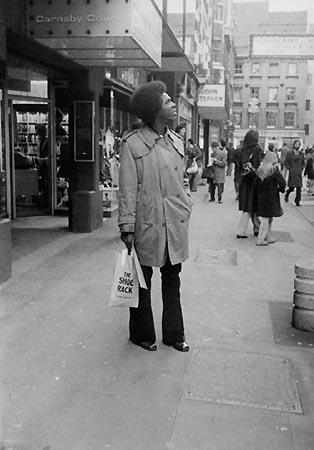
“He was someone whose worldview borders on being an academic, yet Bob was the type of person who could communicate with any level of Jamaican.”
Miller said Andy’s down-to-earthness inspired others and that even as his fame grew, he was never one to put on airs.
“He was never too famous or too big to just be the brethren which is what he was.”
4. Kick Bad Habits
As with some of his peers in the 70s and 80s, Andy struggled with substance abuse which he documented on the melancholy release You Don’t Know . Miller witnessed his friend’s battle with ecstatic vices, but said he was never judgmental.
“He never invited me to join,” he declared. “I think we had a level of respect for each other that we could be together and not pressure each other in terms of our social habits. We just, as big men, allowed adults to do what adults choose to do.”
He continued, “Obviously, I say to him, ‘Brethren, weh you a deal with?’, but when you’re that deeply involved with a substance, it’s easy to say, ‘Yes, mi have it under control’, or get defensive and angry about it. For Bob, it was like, ‘me good’, so I leave him alone as a big man.”
Andy would ultimately get clean, highlighting one’s power to change the narrative and kick bad habits.
5. Use Your Gifts To Help Others
As a songwriter, Andy played a critical role in shaping the sound of Studio One by penning several songs for artists like Gregory Isaacs, Ken Boothe and Delroy Wilson.
His investment in developing talent expanded when he took on the role of A&R first at the Soundtracs label in the mid-70s, then at Tuff Gong in 1987. The latter saw him serving as A&R and Promotions Director, a capacity which allowed him to not only manifest a longtime vision of pushing for higher standards in the Jamaican music business, but also in production which he did for artists like Nadine Sutherland, Ernest Wilson and Tyrone Taylor.
Andy was also among the first Jamaican artists to establish a publishing company (Andisongs), and was one of the advocates for a Caribbean copyright organization.
He was awarded the national honour of Order of Distinction in 2006 for his indelible contributions to music.

